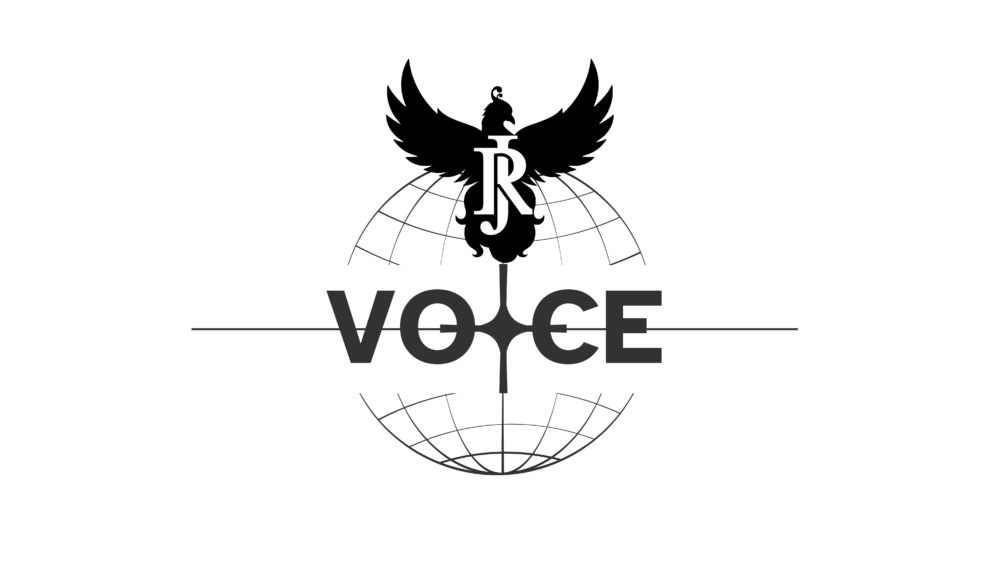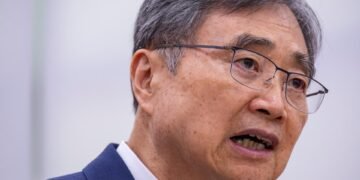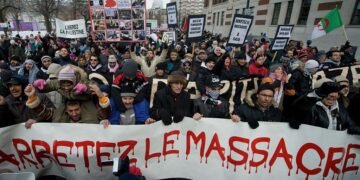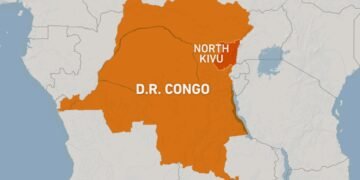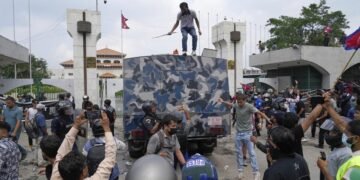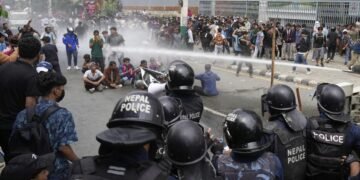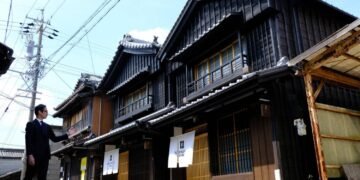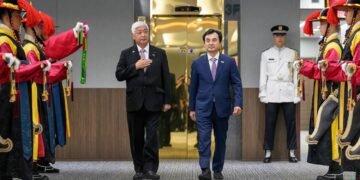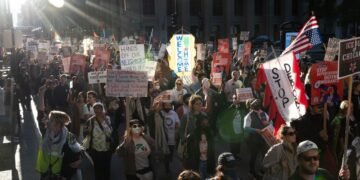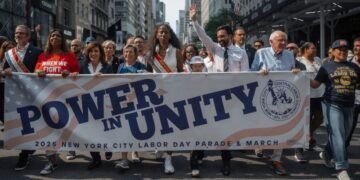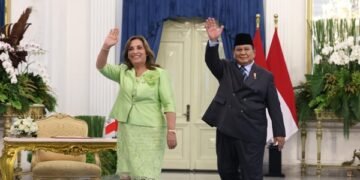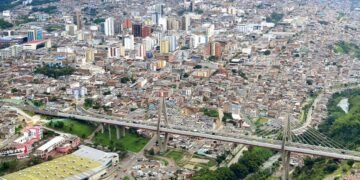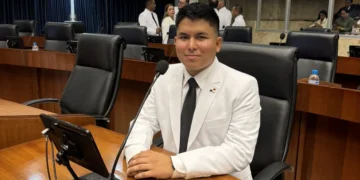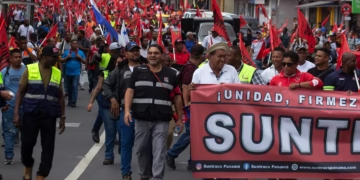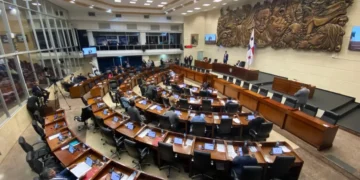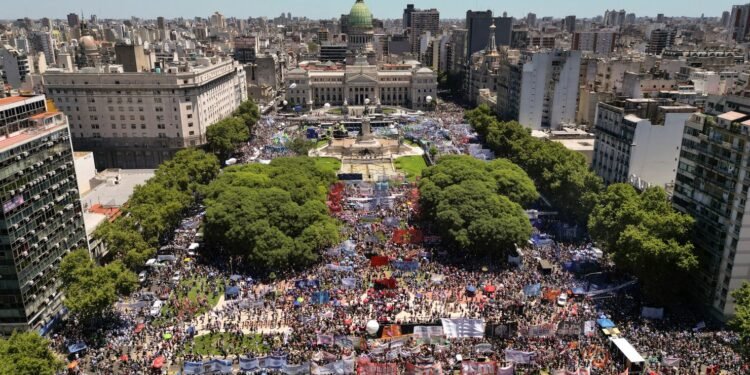Argentina’s main labor union, the General Confederation of Labor (CGT), has initiated a 24-hour nationwide strike in protest of President Javier Milei’s sweeping economic cuts. The work stoppage, the third since Milei took office, represents a major challenge to his administration, as public discontent continues to grow over austerity policies affecting workers and retirees alike.
The strike, which began Thursday, has brought large parts of the country to a standstill. Public and private schools, banks, state institutions, and hospitals have been affected. Transportation has also taken a hit: trains, subways, and flights have been halted, with ground personnel at airports joining the action. Buses remain in operation due to a government-enforced mandatory conciliation, which legally prevents drivers from participating.
The momentum for the strike had already begun building on Wednesday, when thousands of union members and retirees rallied outside Congress in Buenos Aires. Demonstrators held signs reading “We will all be retired one day” and “Today they’re fighting for our future pensions,” highlighting growing anxiety over the country’s deteriorating social safety nets. The current minimum pension in Argentina is less than $300 per month—barely above the poverty line.
Union leader Héctor Daer emphasized that the protest is about more than wages. “This is a critical moment. The government needs to reflect on the impact of its decisions. Retirees must not continue to bear the brunt of budget cuts,” he told reporters.
Argentina’s pension system is under immense strain. In a nation where only a third of workers have formal employment, most citizens struggle to meet the 30 years of social security contributions required to qualify for a full retirement. Many, especially women, end up with significantly reduced benefits—around $220 a month—further fueling public outrage.
The CGT’s decision to strike follows mounting pressure from grassroots members who have criticized the union’s leadership for what they view as a passive response to Milei’s economic overhaul. In recent months, retirees, educators, feminist organizations, and LGBTQ+ groups have taken to the streets independently, demanding stronger action from the country’s most powerful labor institution.
Yet not all factions within the CGT are united. Some leaders advocate maintaining dialogue with the government, while others argue it’s time to abandon the unwritten truce that has been in place since last year. The strike’s outcome could prove decisive in upcoming internal elections within the CGT, scheduled for November.
Social movements, which had largely gone quiet since Milei’s administration cut their access to state aid distribution programs, also joined Wednesday’s demonstrations, signaling a possible resurgence of their influence in Argentina’s protest landscape.
The government, for its part, has downplayed the strike, labeling it a politically motivated act orchestrated by what President Milei often refers to as “the caste”—his term for entrenched political and economic elites resisting reform. Chief of Staff Guillermo Francos hinted at further policy changes, warning that current labor protections may be subject to deeper reform. “The minor adjustments we’ve made so far are insufficient. The labor law as it stands continues to create structural problems in Argentina’s job market,” Francos said.
As the day-long strike unfolds, its political and economic repercussions remain to be seen. But one thing is clear: tensions between Argentina’s unions and the Milei administration have reached a boiling point, and the country’s streets are once again becoming the stage for resistance.

